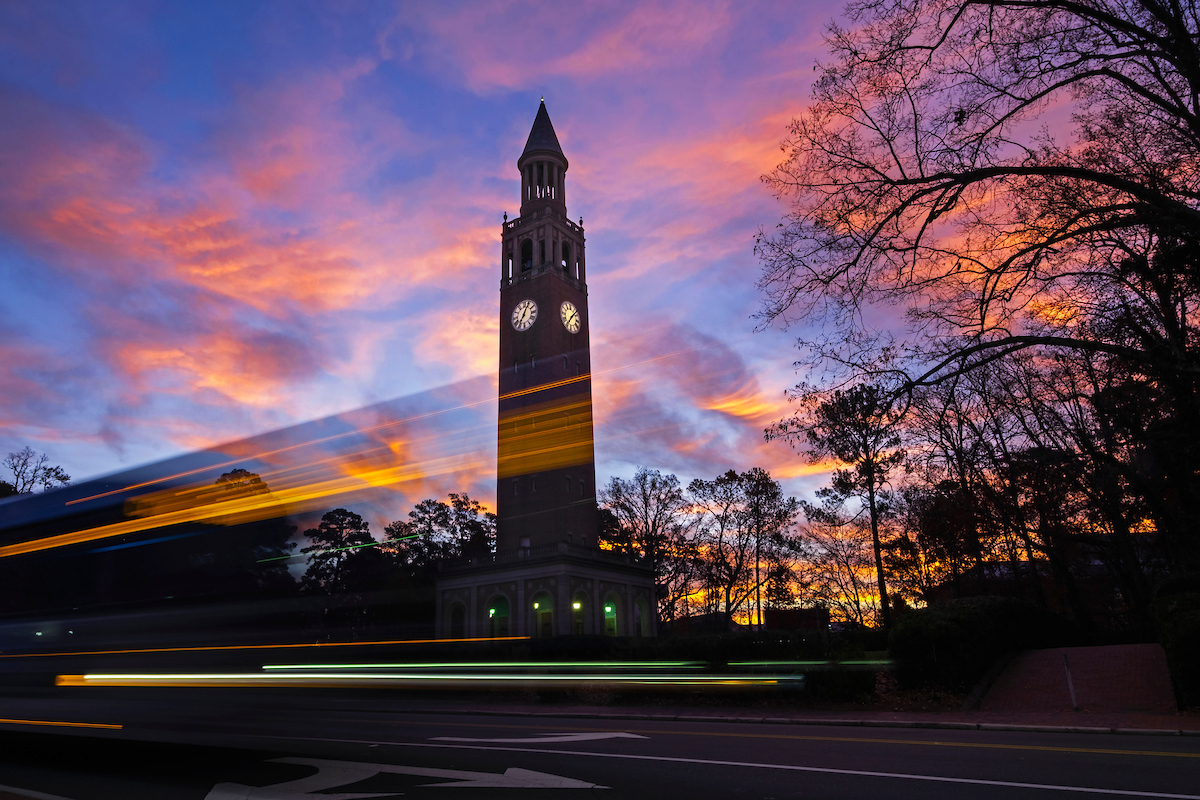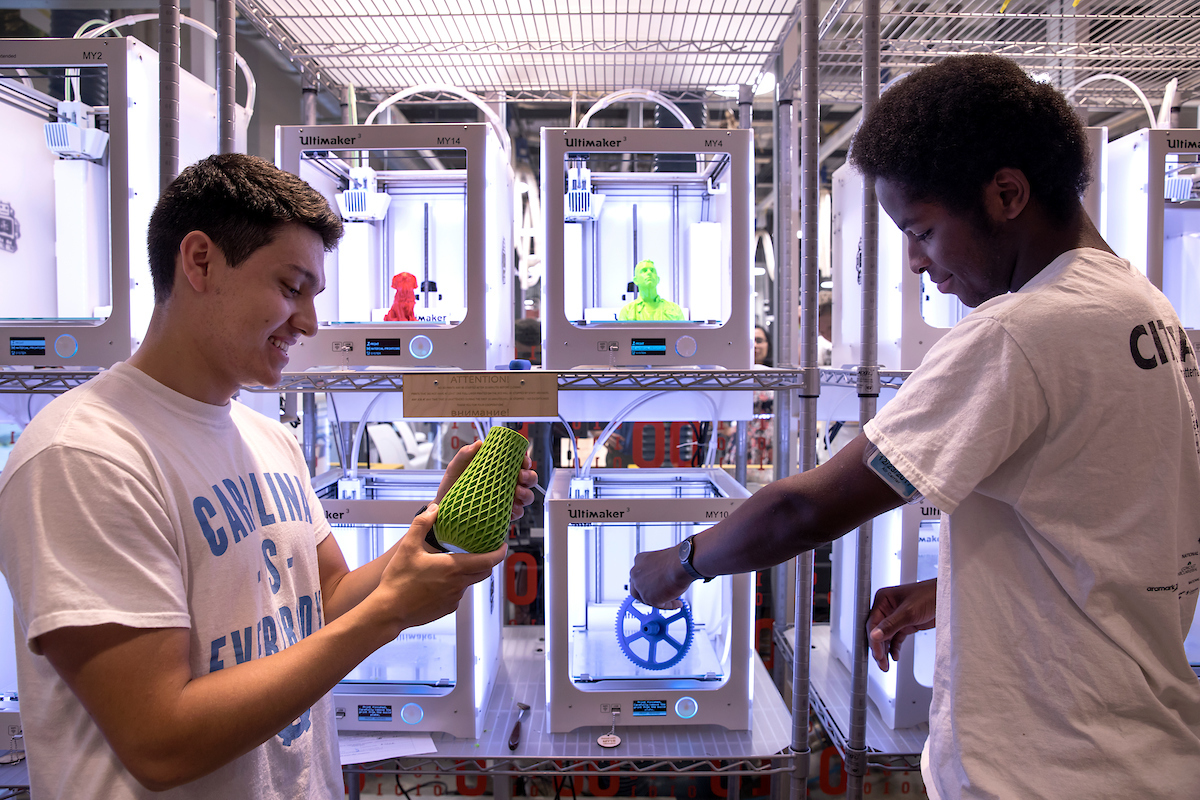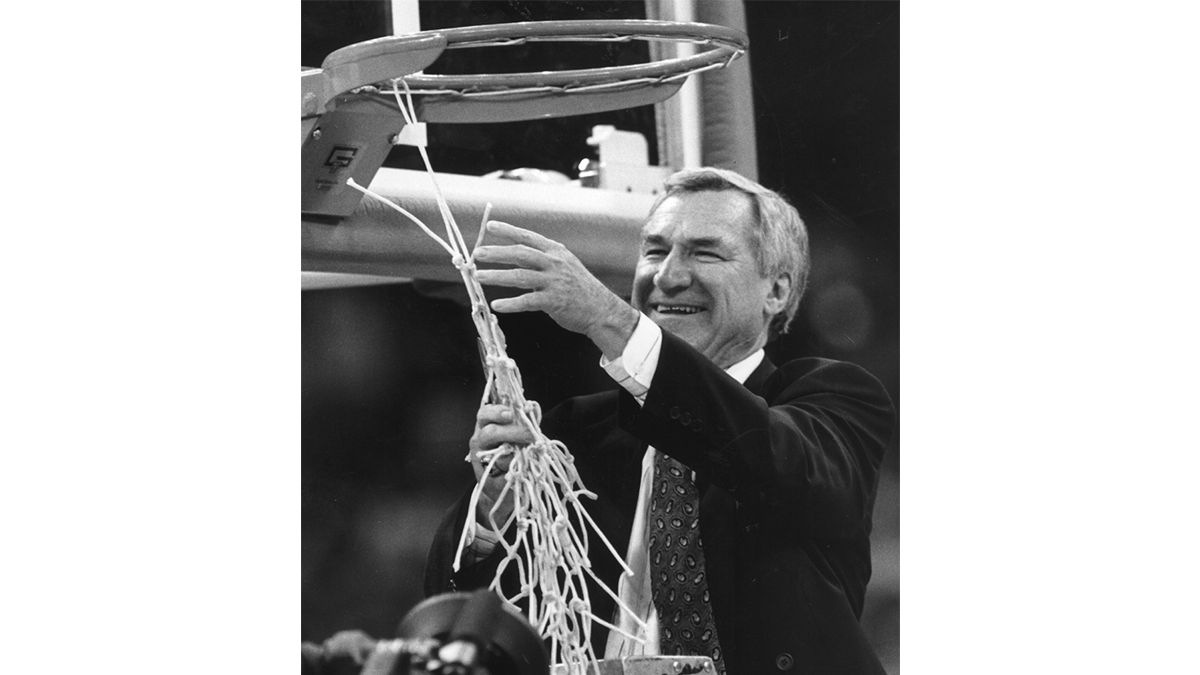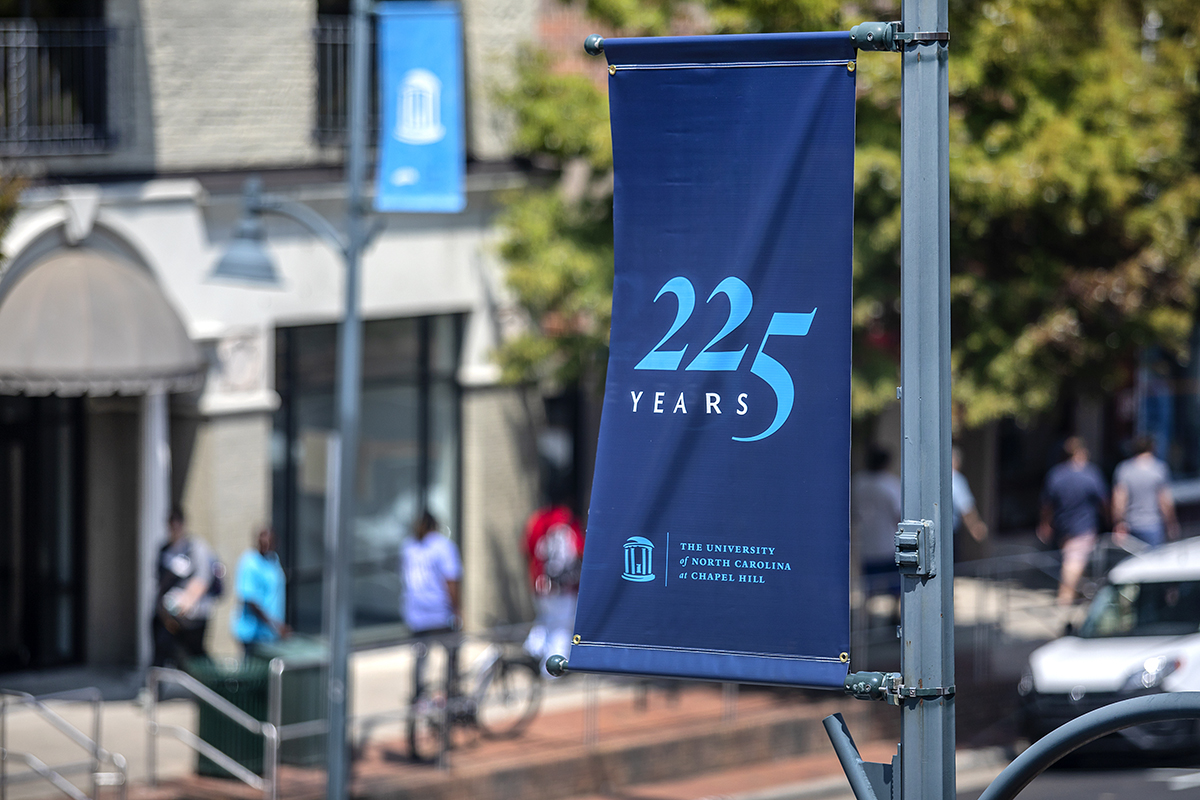Leading the field
As the nation’s first public university Carolina is no stranger to being called No. 1.
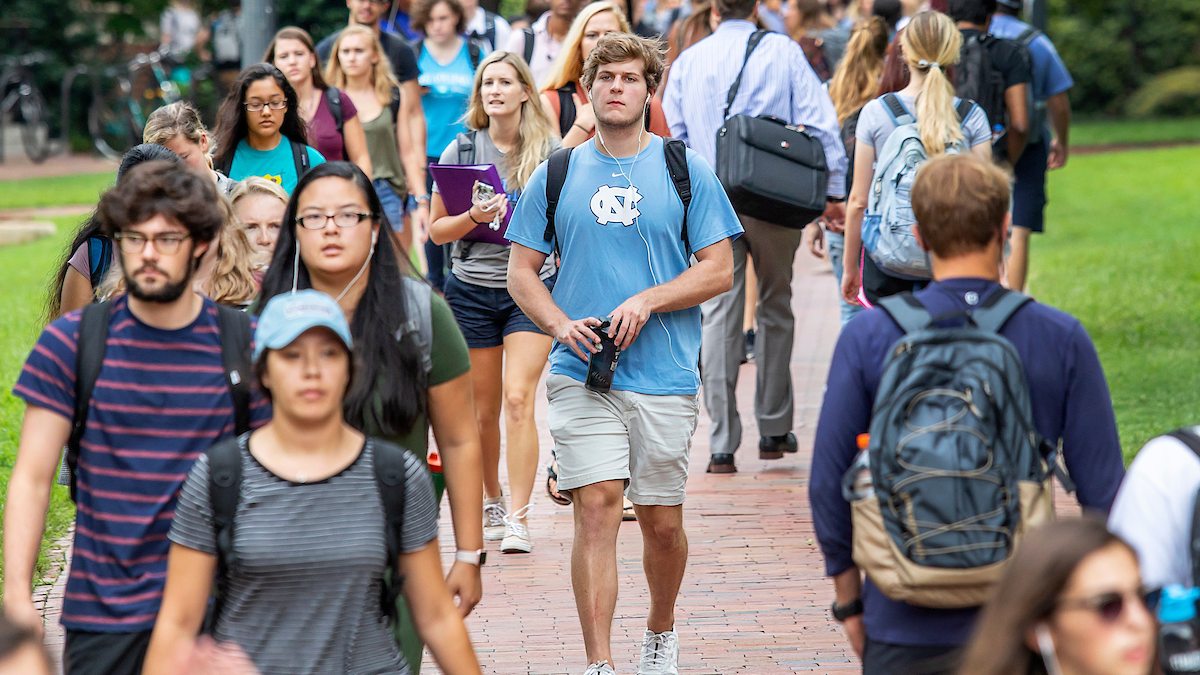
Carolina is heading into the Sweet 16 on Friday with a top seed.
But that’s not the only way the University of North Carolina at Chapel Hill is leading the way. The nation’s first public university, Carolina has a history of racking up number No. 1 rankings off the court, too.
UNC-Chapel Hill has been named the best value in American public higher education by Kiplinger’s Personal Finance 17 straight times, and most recently, was named the best public university for financial value by the Wall Street Journal and Times Higher Education’s College Rankings.
The top rankings reflect the University’s ongoing commitment to open access to a high-quality, affordable education to talented students from all backgrounds. UNC-Chapel Hill is one of the few public flagships to practice need-blind admissions and provide low-debt, full-need student aid.
Among the reasons for the University’s continual high-value rankings is the Carolina Covenant, which allows students whose family income is less than double the federal poverty level to graduate debt-free.
Other initiatives that support Carolina’s mission of access and affordability include:
- The Carolina Student Transfer Excellence Program, which focuses on helping low- and middle-income community college students transfer to and graduate from Carolina
- The Carolina Edge, a fundraising campaign with the goal of eliminating all financial barriers to a great education
- The Carolina Advising Corps, which serves 23 percent of all low-income students in North Carolina high schools
These initiatives and programs have proven results. Only 40 percent of seniors who graduated from Carolina in 2015 accumulated any debt, compared with nearly 70 percent nationally. The average debt among those who borrowed at Carolina was also nearly $10,000 below the national average.
Carolina is not only committed to helping students afford college, but also giving them the tools they need to succeed throughout college and beyond. Through strong retention efforts, the gaps in retention and graduation rates between low-income and other students have narrowed dramatically over the last decade and are now almost completely closed.
